Translation/Transnation30
Emily Apter, Series Editor
Translation/Transnation is devoted to developing approaches and topics that place renewed emphasis on the literary dimension of transnationalism. It investigates the politics of language, accent, and literacy; translation and the global marketplace; comparative literary movements and genres; the future status of national assignations in textual classification; the need for new paradigms of comparative literary history and historiography; and related themes.
-

A new genre of writing that demonstrates that translation is neither a transparent medium nor a secondary form of literature
-

Stories silenced or sequestered by a century of mass displacement between Europe and the Middle East—recovered and retold at last
-
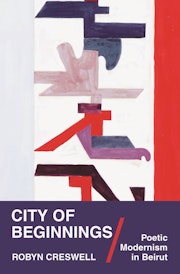
How poetic modernism shaped Arabic intellectual debates in the twentieth century and beyond
-
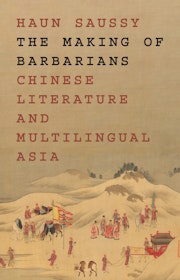
A groundbreaking account of translation and identity in the Chinese literary tradition before 1850—with important ramifications for today
-
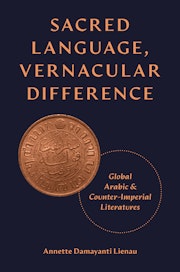
How Arabic influenced the evolution of vernacular literatures and anticolonial thought in Egypt, Indonesia, and Senegal
-
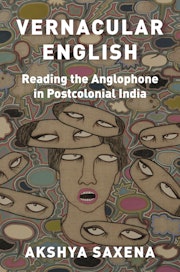
How English has become a language of the people in India—one that enables the state but also empowers protests against it
-
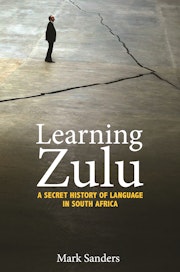
"Why are you learning Zulu?" When Mark Sanders began studying the language, he was often asked this question. In Learning Zulu, Sanders places his own endeavors within a wider context to uncover how, in the past 150 years of South...
-
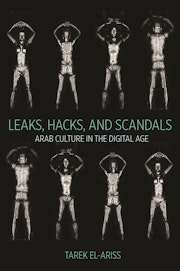
How digital media are transforming Arab culture, literature, and politics
-
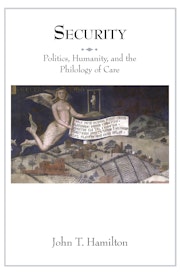
From national security and social security to homeland and cyber-security, "security" has become one of the most overused words in culture and politics today. Yet it also remains one of the most undefined. What exactly are we talking...
-
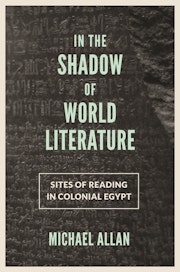
We have grown accustomed to understanding world literature as a collection of national or linguistic traditions bound together in the universality of storytelling. Michael Allan challenges this way of thinking and argues instead that...
-
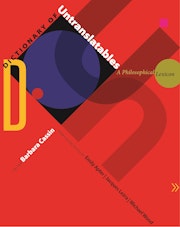
A one-of-a-kind reference to the international vocabulary of the humanities
-
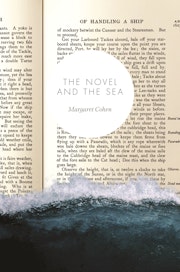
For a century, the history of the novel has been written in terms of nations and territories: the English novel, the French novel, the American novel. But what if novels were viewed in terms of the seas that unite these different lands?...
-
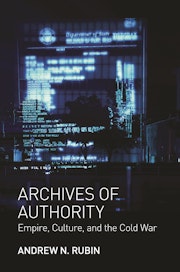
Combining literary, cultural, and political history, and based on extensive archival research, including previously unseen FBI and CIA documents, Archives of Authority argues that cultural politics--specifically America's often covert...
-
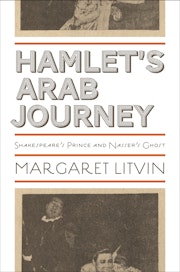
For the past five decades, Arab intellectuals have seen themselves in Shakespeare's Hamlet: their times "out of joint," their political hopes frustrated by a corrupt older generation. Hamlet's Arab Journey traces the uses of Hamlet in...
-
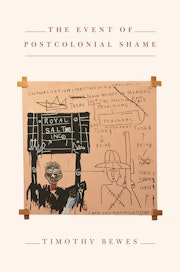
In a postcolonial world, where structures of power, hierarchy, and domination operate on a global scale, writers face an ethical and aesthetic dilemma: How to write without contributing to the inscription of inequality? How to process...
-
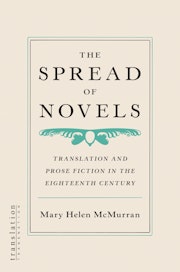
Fiction has always been in a state of transformation and circulation: how does this history of mobility inform the emergence of the novel? The Spread of Novels explores the active movements of English and French fiction in the...
-
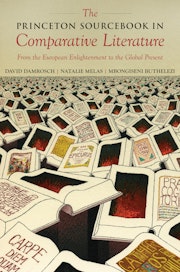
Key essays on comparative literature from the eighteenth century to today
-
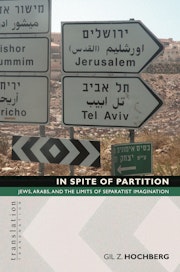
Partition--the idea of separating Jews and Arabs along ethnic or national lines--is a legacy at least as old as the Zionist-Palestinian conflict. Challenging the widespread "separatist imagination" behind partition, Gil Hochberg...
-
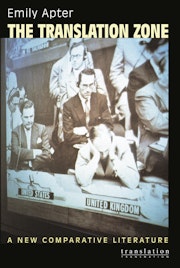
Translation, before 9/11, was deemed primarily an instrument of international relations, business, education, and culture. Today it seems, more than ever, a matter of war and peace. In The Translation Zone, Emily Apter argues that the...
-
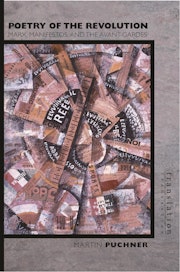
Poetry of the Revolution tells the story of political and artistic upheavals through the manifestos of the nineteenth and twentieth centuries. Ranging from the Communist Manifesto to the manifestos of the 1960s and beyond, it highlights...
-
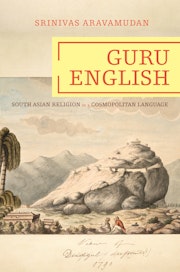
Guru English is a bold reconceptualization of the scope and meaning of cosmopolitanism, examining the language of South Asian religiosity as it has flourished both inside and outside of its original context for the past two hundred...
-
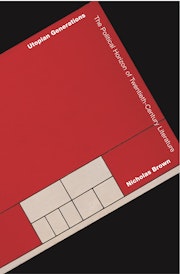
Utopian Generations develops a powerful interpretive matrix for understanding world literature--one that renders modernism and postcolonial African literature comprehensible in a single framework, within which neither will ever look the...
-
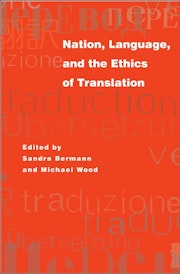
In recent years, scholarship on translation has moved well beyond the technicalities of converting one language into another and beyond conventional translation theory. With new technologies blurring distinctions between "the original"...
-
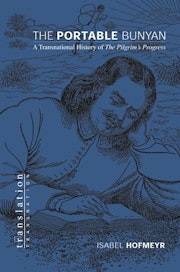
How does a book become an international bestseller? What happens to it as it is translated into different languages, contexts, and societies? How is it changed by the intellectual environments it encounters? What does the transnational...
-
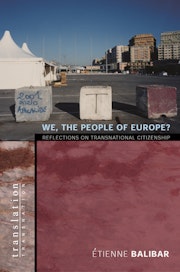
étienne Balibar has been one of Europe's most important philosophical and political thinkers since the 1960s. His work has been vastly influential on both sides of the Atlantic throughout the humanities and the social sciences. In We...
-
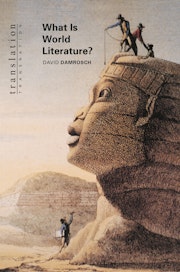
World literature was long defined in North America as an established canon of European masterpieces, but an emerging global perspective has challenged both this European focus and the very category of "the masterpiece." The first book...
-
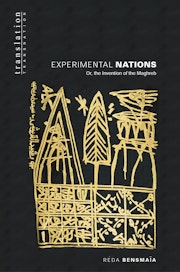
Jean-Paul Sartre's famous question, "For whom do we write?" strikes close to home for francophone writers from the Maghreb. Do these writers address their compatriots, many of whom are illiterate or read no French, or a broader audience...
-
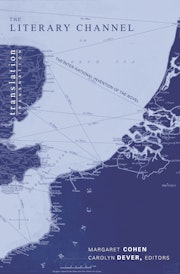
The Literary Channel defines a crucial transnational literary "zone" that shaped the development of the modern novel. During the first two centuries of the genre's history, Britain and France were locked in political, economic, and...
-
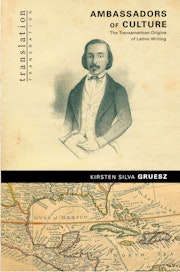
This polished literary history argues forcefully that Latinos are not newcomers in the United States by documenting a vast network of Spanish-language cultural activity in the nineteenth century. Juxtaposing poems and essays by both...
-
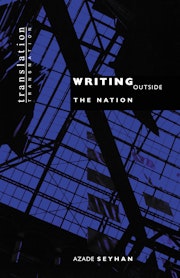
Some of the most innovative writers of contemporary literature are writing in diaspora in their second or third language. Here Azade Seyhan describes the domain of transnational poetics they inhabit. She begins by examining the works of...